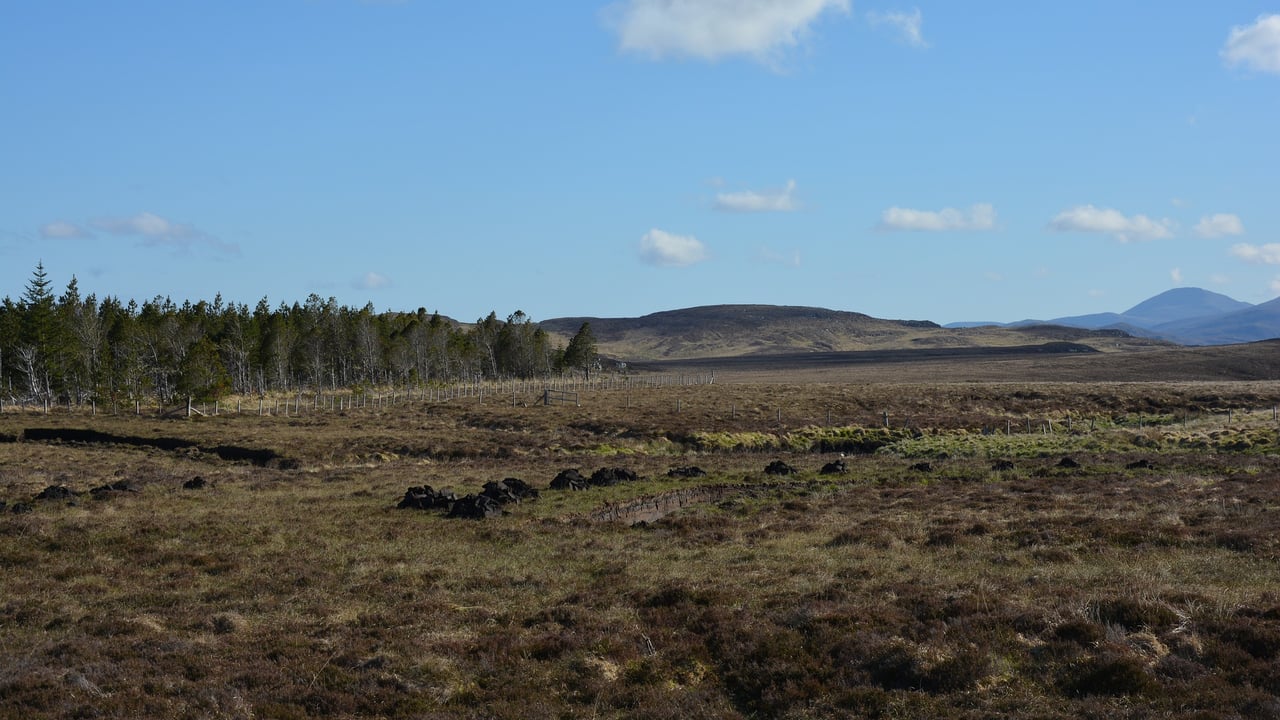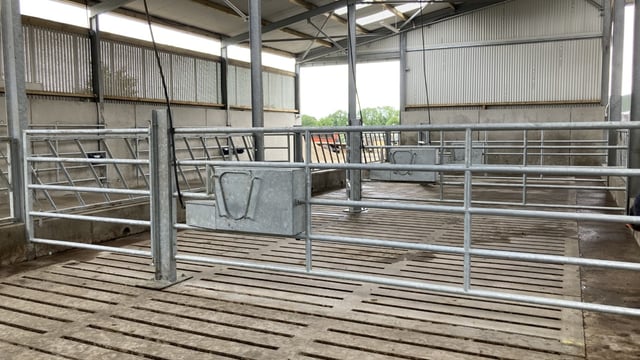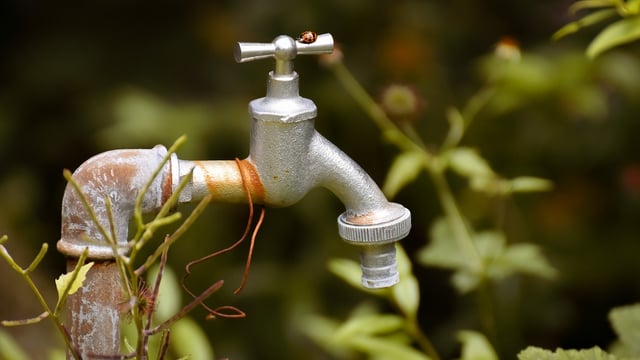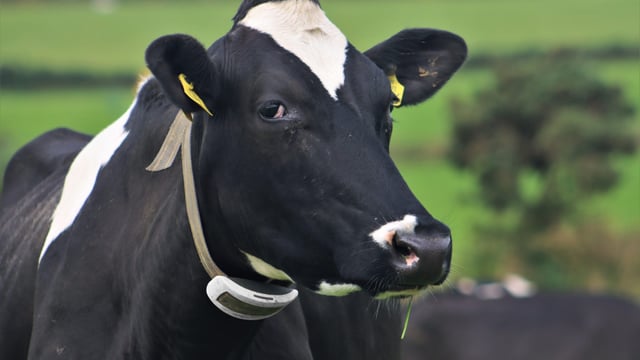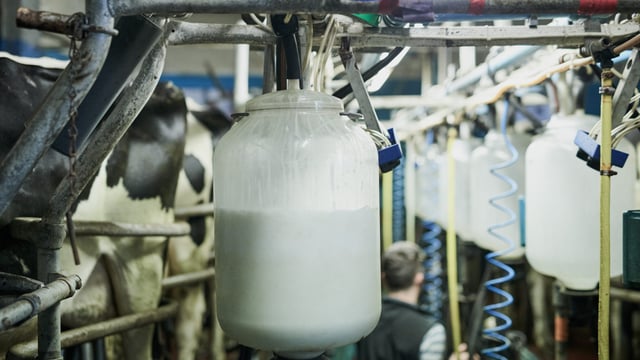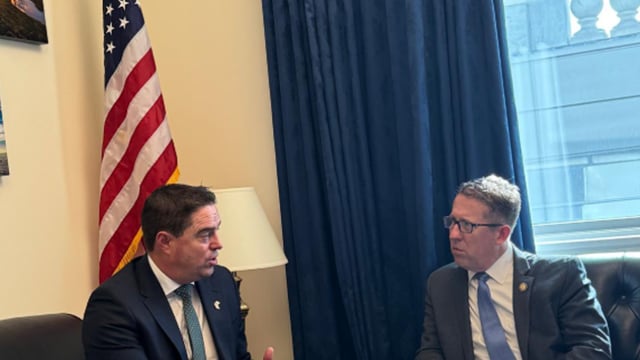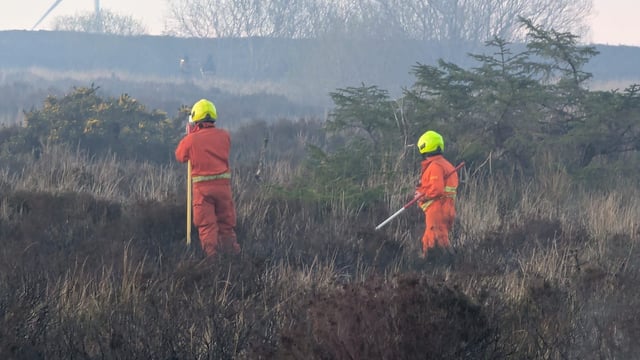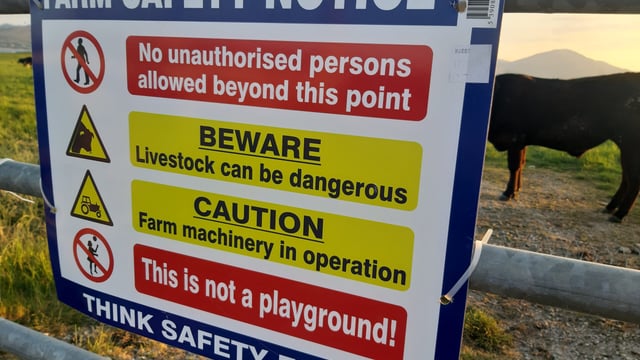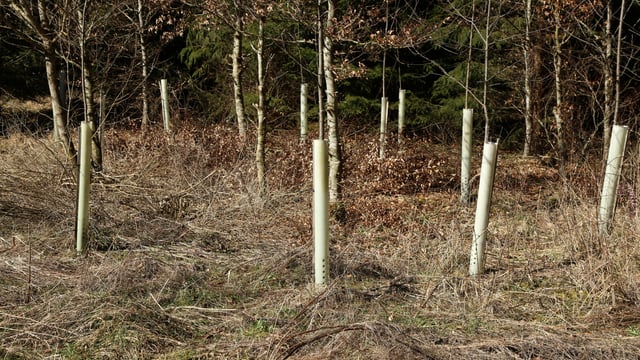Claims EU Commission funded Nature Restoration Law lobbying
An MEP has claimed that funding provided by the European Commission was used in lobbying for the adoption of the controversial Nature Restoration Law.
The claim, from an MEP for the European People's Party (EPP), comes as the EU Court of Auditors - which monitors spending by EU institutions - released a new report this week that questioned the transparency of EU funding to non-government organisations (NGOs).
This follows on from a statement from the commission last week in which it acknowledged that the LIFE programme, which provides funding for environmental and climate change mitigation projects, may have funded “undue lobbying activities” by NGOs.
The Nature Restoration Law came into effect last August and requires member states to put in place restoration measures on at least 20% of the EU’s total land area and 20% of its sea area by 2030.
Different restoration targets apply to different ecosystems, including a higher target for peatlands.
Article 11 of the Nature Restoration Law states that member states shall put in place measures which shall aim to restore organic soils in agricultural use constituting drained peatlands.
Restoration measures must be put in place on at least 50% of such areas by 2050, of which at least a third must be rewetted.
Despite repeated assurances, during the legislative process and since, from the Department of Agriculture, Food and the Marine that state-owned lands can be used to meet these targets for peatlands, farm organisations have continued to express concern that the law will nonetheless impact farmland.
Some farm organisations have also questioned whether on-farm restoration or rewetting measures will be truly voluntary, in spite of department assurances.
The law had a bumpy road to adoption, with a final vote by EU ministers delayed in spring last year after several member states appeared to have second thoughts on the proposal.
Ultimately, the Council of the EU only give the final green light to the law after an Austrian minister voted against the wishes of her own government, resulting in its adoption, which was described by one Irish farm organisation as a “new low” for the institutions of the EU.
During the legislative process, the EPP claimed that the commission "completely overstepped its normal role” by trying to influence how MEPs should vote.
The EPP claimed that the commission provided resources to allow non-state actors to lobby MEPs for a 'yes' vote to the law.
Under the EU treaties, the only legislative role of the European Commission is to propose legislation, following which the Council of the EU (also known as the council of ministers) and the parliament separately adopt their own positions before negotiating with each other on the final legislative text to be adopted across the EU.
One of the EPP MEPs central to negotiations on the Nature Restoration Law, Christine Schneider, has now claimed that last week's statement from the commission on the LIFE programme, and the report on NGO funding from the Court of Auditors this week, reinforces the EPP's earlier claims.
According to Schneider, the commission's statement on the LIFE programme, and the lobbying activities referred to, concerned the Nature Restoration Law.
The German MEP told Agriland: "The EPP group has strongly advocated for the commission to acknowledge these problematic activities., particularly within the LIFE programme... and to take measures to prevent similar incidents in the future.
"From the EPP's perspective, it is not the commission's role to conduct a political campaign to promote its own legislative proposal. Such actions interfere with the democratic decision-making process and constitute a clear overreach of competencies," Schneider added.
She said: "This violates the principle of separation of powers and fundamental EU budgetary principles such as transparency and the proper use of public funds...Funds from the LIFE programme must not be used for targeted lobbying to influence MEPs."
The report from the European Court of Auditors states that some EU grants awarded to NGOs may finance "advocacy activities" such as lobbying, although it does not appear to explicitly state which laws or policy areas were subject to such lobbying.
The report states that, in the sample of NGOs examined, there were two examples of grants financed through the LIFE programme which included advocacy activities with policymakers. While both NGOs concerned are classed as 'interest representatives', these advocacy activities were not disclosed.
The report says that, for one of the grants concerned, the associated advocacy actions included holding meetings with MEPs, and high-level representatives of the commission itself.
Responding to the auditors' report, the commission said that, in May 2024, it issued internal guidance on funding for activities related to the "development, implementation, monitoring and enforcement" of EU legislation and policy, applicable to all spending programmes.
The commission said this guidance "clarified that funding agreements involving specifically detailed activities directed at EU institutions and some of their representatives, even if legally sound, may entail a reputational risk for the [EU]".
The time at which this guidance was issued, in May 2024, was after the European Parliament had already given its final ratification to the Nature Restoration Law.
Agriland has contacted the European Commission for a comment on any potential link between the LIFE programme and Nature Restoration Law lobbying.

